Cycling Cities: The Arnhem and Nijmegen Experience is the first book in the new series Cycling Cities: The Global Experience. The book, written by Eric Berkers and Ruth Oldenziel, was presented at Velo-city 2017.
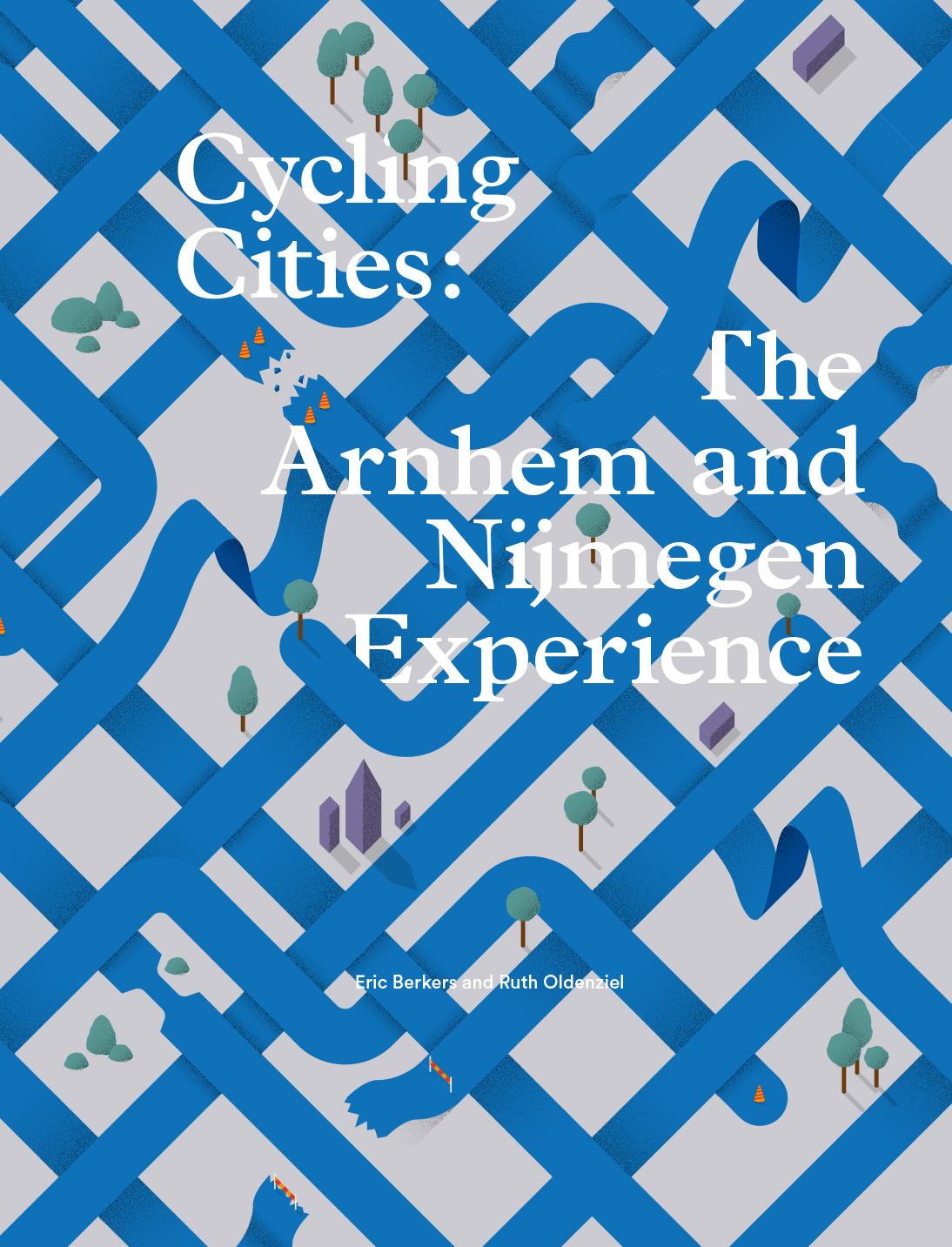 The Dutch cities of Arnhem and Nijmegen both have a rich history of every aspect of cycling: utilitarian, leisure, and sport. Separated by two rivers for so long, today they are drawn closer through the cycle highway RijnWaalpad, aptly named after the rivers. The fast cycle route symbolizes their newfound joint efforts to encourage cycling as a healthy, efficient, and sustainable means of transport for this urban region.
The Dutch cities of Arnhem and Nijmegen both have a rich history of every aspect of cycling: utilitarian, leisure, and sport. Separated by two rivers for so long, today they are drawn closer through the cycle highway RijnWaalpad, aptly named after the rivers. The fast cycle route symbolizes their newfound joint efforts to encourage cycling as a healthy, efficient, and sustainable means of transport for this urban region.
The book traces the fascinating cycling histories of Arnhem and Nijmegen—from cycling tourists in 1900 scaling the region’s charming yet hilly landscape to urban commuters navigating the car-governed urban planning of the 1950s and 1960s and from cycling activists of the 1970s and the local and regional policymakers committed to cycling over the last two decades.
Cycling Cities: The Arnhem and Nijmegen Experience tells the tale of how two cities managed to become The Best Cooperating Cycling Region in the Netherlands in 2015; the host for two stages of the Giro d’Italia in 2016; and joint organizers of the world’s largest cycling conference Velo-city in 2017.
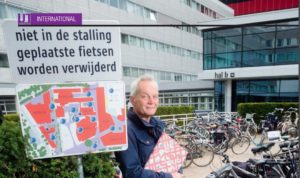 Campus authorities everywhere view parked bicycles as an eyesore. Not so fast. Adri de la Bruhèze argues that is a political issue in his
Campus authorities everywhere view parked bicycles as an eyesore. Not so fast. Adri de la Bruhèze argues that is a political issue in his 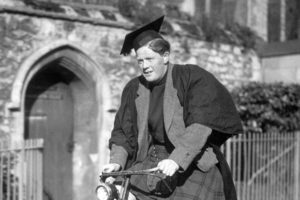
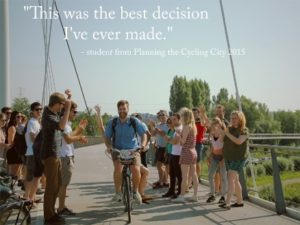
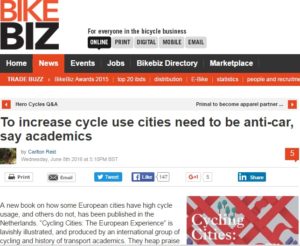
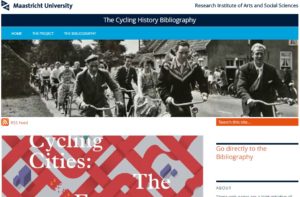 Cycling History scholarship is a booming field. Cycling Cities has now been integrated in the great
Cycling History scholarship is a booming field. Cycling Cities has now been integrated in the great